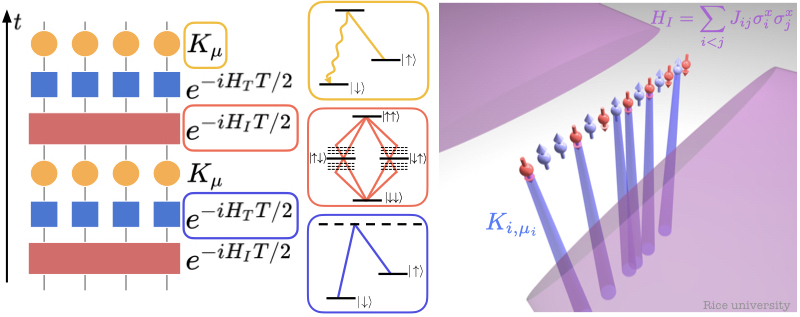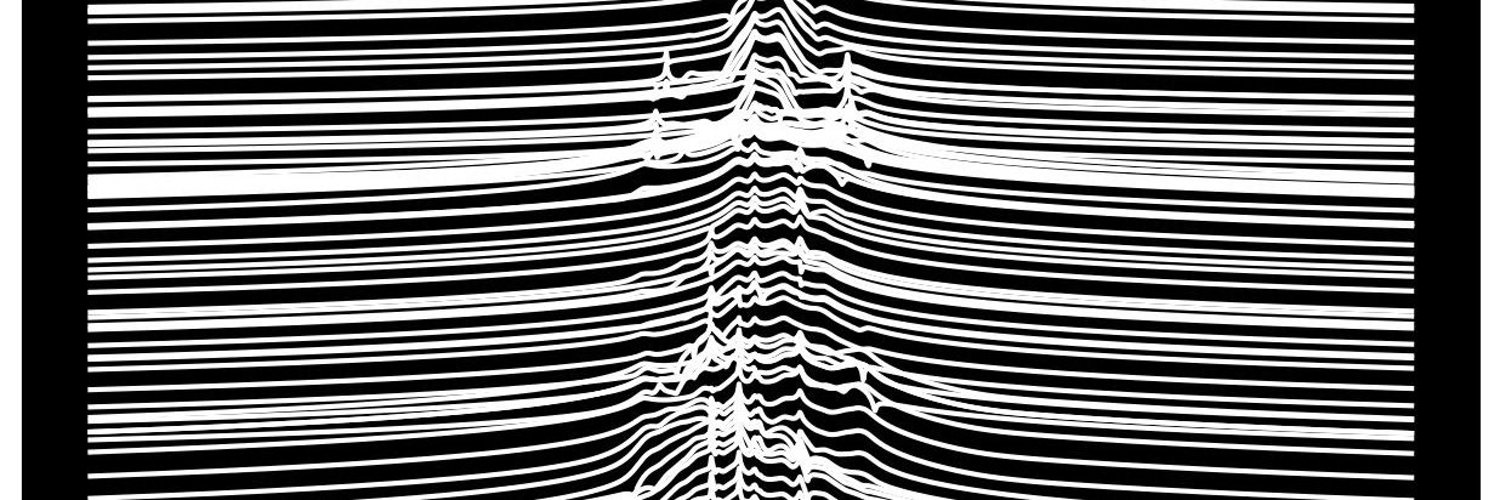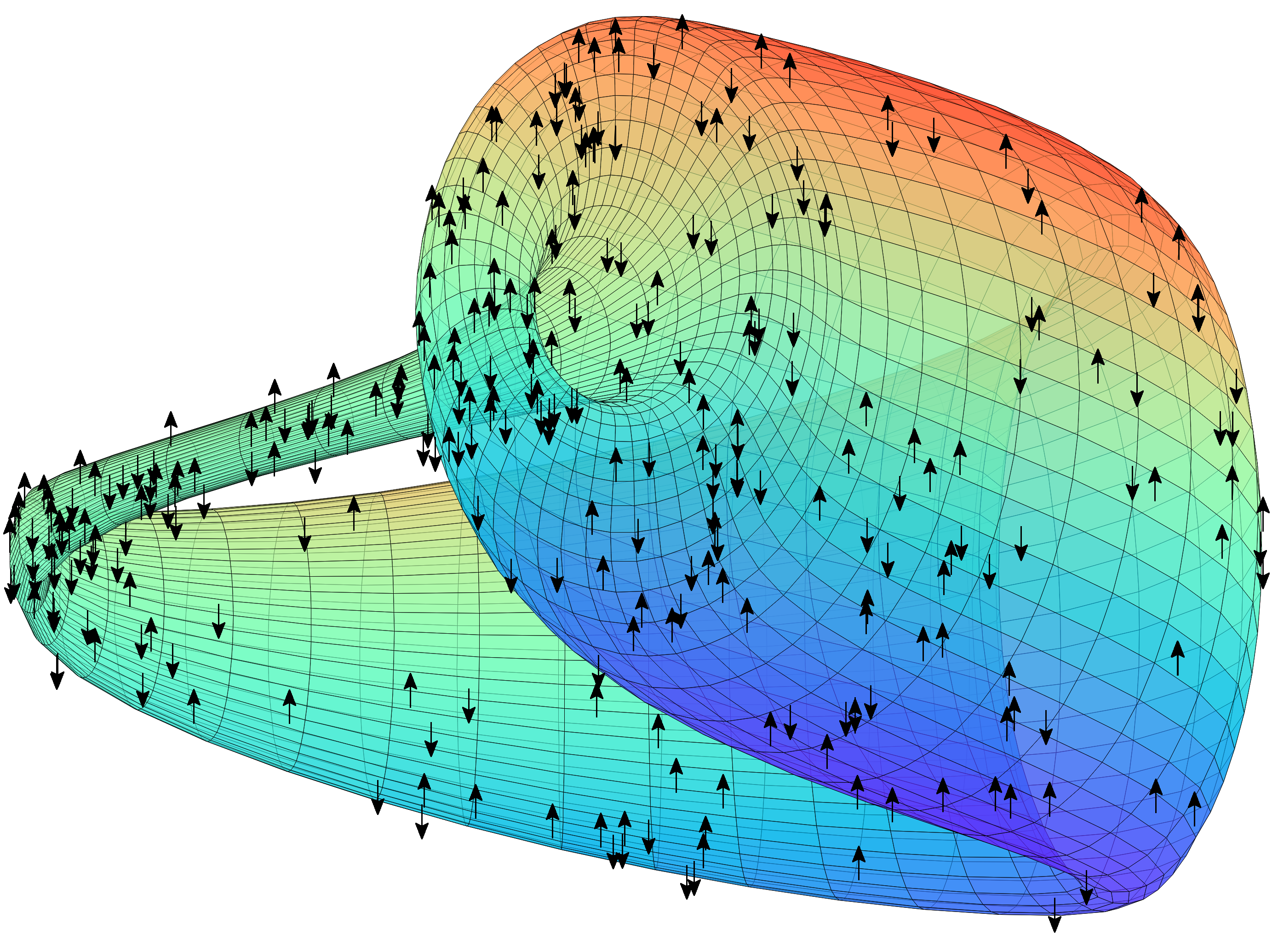Research Interest
My research is focused in the study of emergent phenomena in non-equilibrium quantum many-body systems, in strongly disordered quantum many-body systems, in quantum information propagation through quantum matter, and in machine-learning methods applied to the many-body problem, in and out equilibrium.

Monitored quantum many-body dynamics
What happens to a quantum many-body system when its unitary evolution is interspersed with local measurements? The tension between unitary dynamics, scrambling the degrees of freedom and generating entanglement, and measurements which collapse the state localizing information resolves in a dynamical phase transition between an error correction phase, robust from the probing of the environments, and a quantum Zeno phase in which frequent measurements constraint the state on a reduced manifold. In my studies, I have investigated the fate of quantum information, quantum typicality of classical encoding data-structure in mainly two frameworks: random quantum circuits, and fermionic quantum systems. Random quantum circuits are a Floquet quantum dynamics where the unitary evolution is generated by unitary gates, and the stochastic measurement act on discrete times. Because of the lack of any structure, such as that imposed by the Hamiltonian driving a dynamics, the random quantum circuits are minimal models to understand the interplay between scrambling and measurement collapse, hence representing a formidable playground to understand the nature of the emerging dynamical phases. By contrast, fermionic quantum systems, such as those realized within the fermionic linear optics, have a continuous time evolution, with the unitary dynamics generated by an Hamiltonian, and with stochastic measurements which can be modelled as quantum jumps. This framework elucidate the role of the Hamiltonian in the overall unitary-measurement dynamics, and for certain systems enable exact solution or phenomenological quasiparticle descriptions.

Disordered quantum many-body systems
As demonstrated by the Anderson and many-body localization, disorder plays a pivotal role in quantum many-body systems. Specifically, adding a disorder perturbation on a clean system may result in surprising spectral and dynamical features, including suppression of quantum transport, slow-down of information propagation, emergent integrability. In my research I have investigated the role of disorder in information measures and in transport in isolated and open quantum many-body systems. In isolated systems, I have studied the case of critical disordered spin chains, that is disordered systems where there is a divergent correlation length. The fingerprint of this critical behavior are hidden in rare event among the system degrees of freedom, and result in a scaling of quantum information measures which scales in a way similar to conformal critical systems. Concerning open systems, I have studied the robustness of toy model for many-body localization upon thermal inclusion. The main motivation is that, when focusing on a specific subsystem, the complementary acts as an effective bath to its dynamics.

Machine-learning methods in the many-body problem
The astonishing technological advanced, classical and quantum, have lead in the past decade to a systematic interest in applying machine learning methods in the many-body problem. I have been interested in the study of unsupervised learning techniques to discover equilibrium and out-of-equilibrium phases of many-body systems without prior knowledge. This is crucial when investigating new frameworks, where a clear order parameter lacks, such as topological phases of matter.
